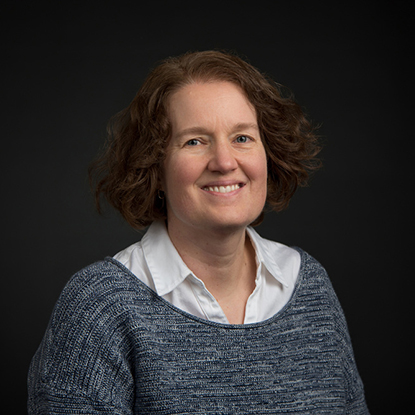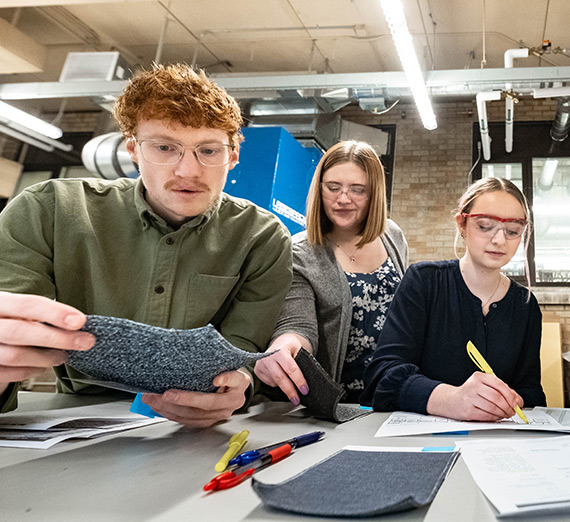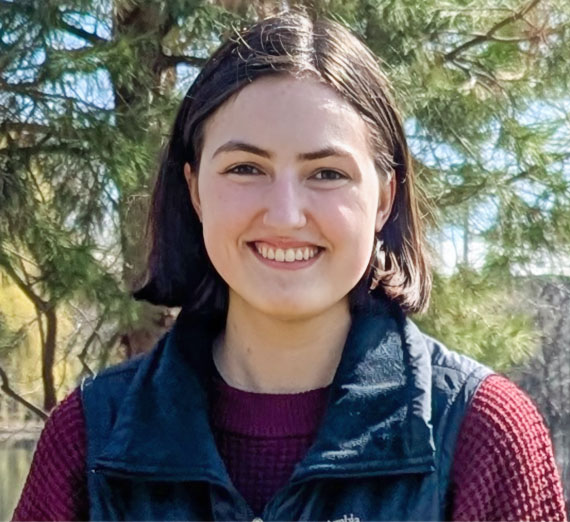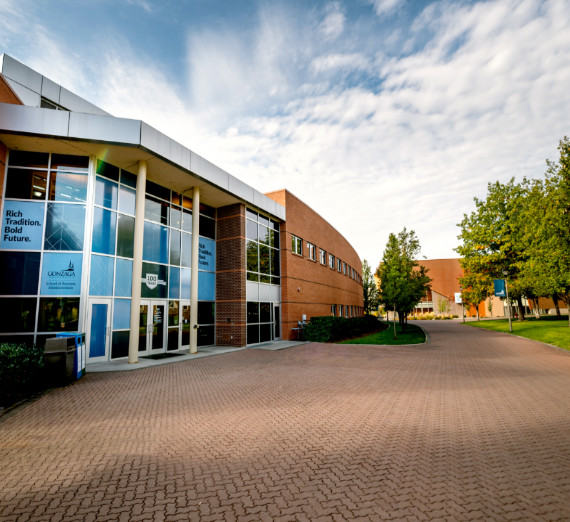Applied Math Teaches Students to Help Solve Complex Problems

SPOKANE, Wash. — From medical imaging to the modeling of critical weather disasters during climate change to data science and more, applied mathematics is at the forefront of helping to solve increasingly complex problems impacting society. That’s precisely why Gonzaga University launched its Bachelor of Science degree in Applied Mathematics.
Michelle Ghrist, Ph.D., associate professor of mathematics and director of Gonzaga’s Applied Mathematics program, which opened in 2019 in the College of Arts and Sciences, said the program is designed to prepare students for interdisciplinary technical jobs in high demand from employers as well as graduate school in a variety of areas.

“In part that is because we have an expectation that students are going to be taking courses that are outside of mathematics,” Ghrist said of the credits, noting the additional classes provide students with valuable skills beyond mathematics that include working in team scenarios that will help them in the workplace. In addition, the concentrations advance students toward a relevant minor.
Another difference from a traditional mathematics bachelor’s degree is that the applied math degree does not require as many theoretical math courses, allowing students to choose between one of two theoretical courses and then taking a numerical methods course, “which is one bridge between computer science and applied math,” Ghrist said.The program aims to develop students’ quantitative math skills as well as their qualitative skills crucial for the workplace and in graduate school opportunities.
“You find that having the title, the major of applied math, makes students more attractive to employers,” Ghrist said.

Gonzaga students can expect the major to provide an extensive amount of preparation for their field. Students interested in applied math can also pursue a minor, double major with another degree or a concentration.
The interdisciplinary aspect is what makes applied math so unique to Gonzaga, as the discipline resonates with the University’s focus on developing the whole person far beyond the explicit knowledge necessary for a mathematics degree.
Students in the program will discover the why behind mathematics, and gain insight into the many interrelated and complex topics facing our world today.
“We see students who really want to know the whys behind things,” Ghrist said. “They’re not content to just be handed an equation, and use an equation. We want them to be able to apply that equation to different situations.”
This inquisitive outlook on mathematics and learning is what makes Gonzaga’s applied math program distinctive. Already, students are responding with strong interest to the new program offerings.
Prospective and current students can find out more about all of Gonzaga’s mathematics offerings online.
“This is what industry wants: students who have experienced that teamwork and are able to work in interdisciplinary teams,” Ghrist said.
- Academics
- Global Impact
- College of Arts & Sciences
- Academic Vice President
- Institute for Climate, Water, and the Environment
- Mathematics
- News Center




